A recent study by Deliveroo has noted a steady increase in non-alcoholic beverage orders in Ireland. This ties in with a worldwide health trend, driven mainly by younger diners, becoming mindful of what they drink in restaurants.
The Virgin Mary Bar in Dublin is the first Irish pub to be completely alcohol-free, acting instead as an inclusive place to gather and socialise without the added pressure of alcohol consumption.
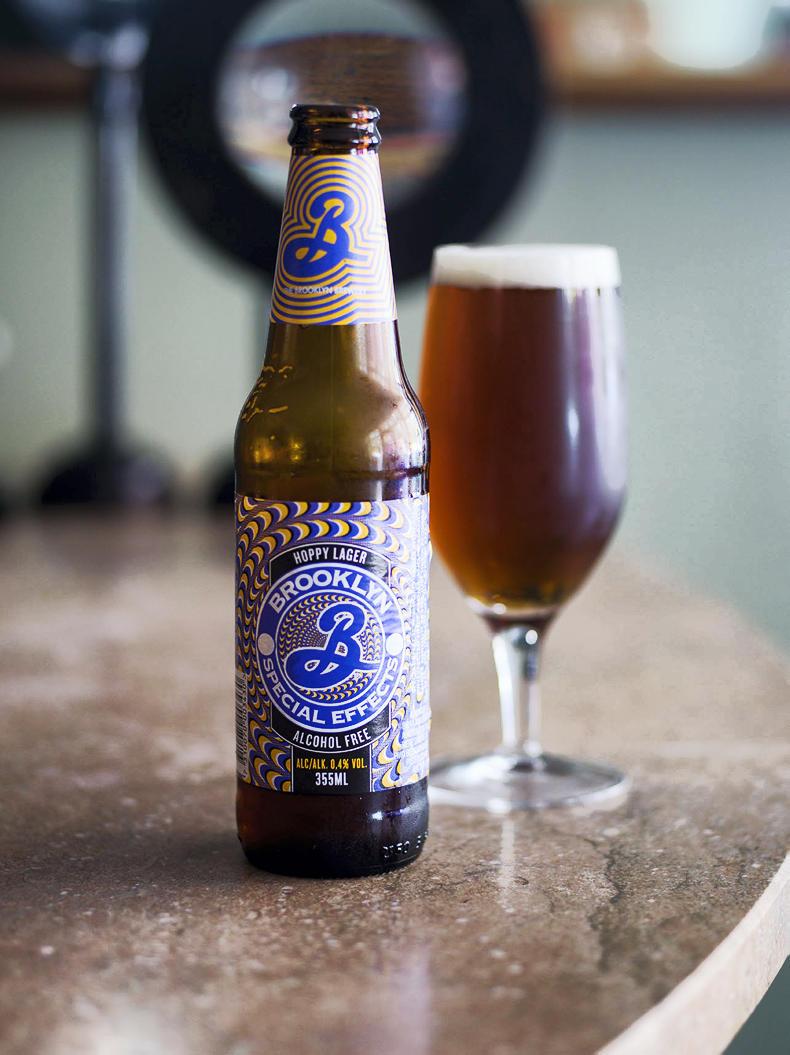
A sample of the alcohol-free drinks available at The Virgin Mary Bar, Dublin.
Founder Vaughn Yates says a greater focus on wellness, social media and a rise in alcohol-free events have all contributed to The Virgin Mary’s success.
“With the advent of so many fantastic alcohol-free products I wanted to create a space that championed this new way of drinking,” he says.
Featuring an extensive drinks menu created by mixologist Anna Walsh, The Virgin Mary Bar offers more than just its namesake drink for adventurous patrons.
“(Anna’s) cocktails are clean, complex and balanced,” Yates says. “The feedback to date has genuinely been amazing and we are currently working on our fourth menu.”
The ability to customise a meal has become important to Irish diners. With the many different dietary needs and lifestyles of today, providing a customisable menu is an easy way to meet demand without over-complicating things.

With 13 locations around Ireland, quick-service restaurant Freshii’s menu is built to offer maximum flexibility. Featuring hot bowls, burritos, salads and wraps; all items are health-focused. Proteins like chicken, falafel and beef are shown as optional add-ons, giving diners complete control over their meal. CEO of Freshii Ireland Dave O’Donoghue says that customisation is representative of who they are as a brand.
“We see it as a draw and, in fact, it’s a core part of what we do in Freshii,” he says. 
“We were one of the first to do this in Ireland; however, our consumers expect it today. They are much more educated on nutrition and with what they want to fuel their bodies.”
Freshii also features a “build your own” option, which enables guests to choose the ingredients or sauces to meet their tastes or dietary requirements. This model has proven to be successful for quick-service restaurants, in particular.
Compostable; not recyclable
Recycling isn’t really good enough anymore. Sure, if you’re going to be using plastic and paper, it’s always best to use the types you can recycle, but the focus is now on consumption.
Consumers are increasingly looking for materials that will break down and go back into the earth, making compostable coffee cups and takeaway containers more affordable as demand increases. John Lynch of Down2Earth Materials has been providing sustainable alternatives to non-compostable takeaway packaging for 10 years now. He warns that “biodegradable” isn’t always the same as compostable.
“We concentrate on certified compostable materials,” he says. “Biodegradable is a generic term and compostable is a legal term. We work with the Irish composting industry; who have launched their own compostable certification scheme.”
Polystyrene, which is considered the worst type of single-use plastic on the market, will be banned in 2021, but Lynch maintains that there is a lot of innovation out there to provide sustainable and affordable alternatives.
“The market has changed and there’s a lot more innovation in recycling and composting,” he says. “Waste management is key. We need to be supporting local jobs in a circular economy.”
Zero-waste efforts are achievable, affordable and sensible. Some Irish food businesses have gotten creative with food waste – for example, Bertha’s Revenge Gin, made at Ballyvolane House in Co Cork, is made from leftover local whey alcohol, which is a dairy byproduct.
Jean Baptiste Dubois is executive chef at Grow HQ in Waterford. He encourages cooking methods that use foods at their peak and minimise waste; and hosts zero-waste kitchen workshops at the restaurant.
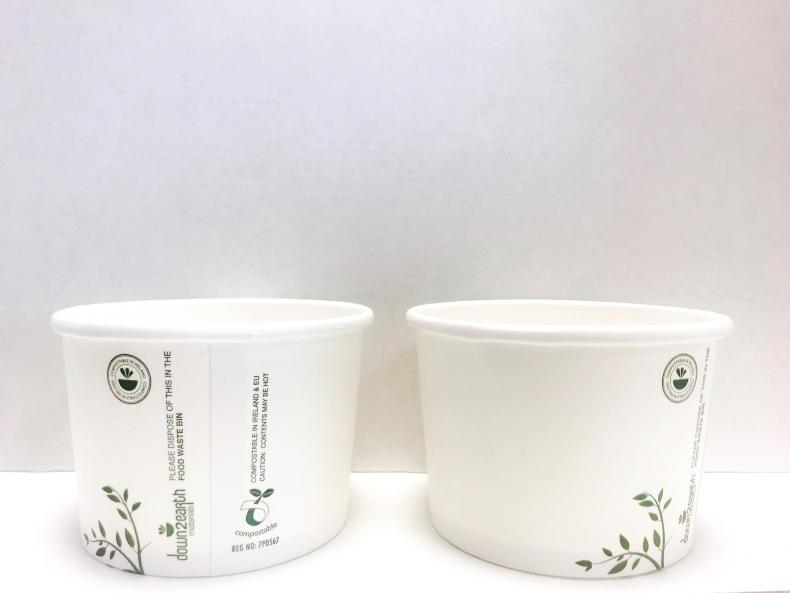
John Lynch of Down2Earth materials says: "The market has changed and there’s a lot more innovation in recycling and composting."
“We are buying too much,” he says. “A third of vegetables bought in Ireland end up in the bin. To start, you should be using a menu planner. When you’re planning, make sure to leave at least one or two nights empty – with no meals planned. This will enable you to look at what you still have, and use any leftovers.”
Dubois maintains that rural communities have access to delicious seasonal vegetables, and we should be making the most of them while in season.
“We can make use of food that is grown in abundance by preserving and fermenting,” he says. “[At Grow HQ], we try to plan sufficiently when we’re planting out our vegetables to ensure we have vegetables year-round.”
People are more knowledgeable about the food they eat, but also more disconnected from food sources, than ever before. They are aware of their food’s environmental and health implications, but most have never set foot on a working farm.
Many now aim to lower their environmental footprint by sourcing ingredients locally. Luckily, in Ireland, that isn’t very hard to do. Annie Dalton grows organic vegetables in Cashel, Co Tipperary. She says it’s as easy as reading food packages if you’re concerned about what you’re buying.
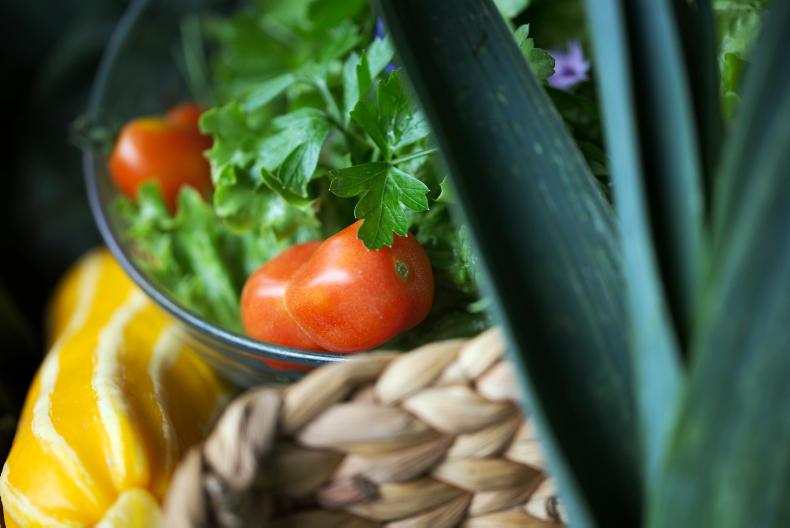
Produce grown by Annie of Annie’s Organic Farm, Ardmayle, Co Tipperary. \ Barry Cronin
“Organic certification is a huge sign that you can trust the producer,” she says. “You can be sure that no chemicals have been used in the growing.”
“Organic certification is a huge sign that you know the food has been grown well and you can trust it,” she says. “You can be sure that no chemicals have been used in the growing and you can also trust that the soil and the earth has been cared for.”
At Lough Boora Farm in Co Offaly, Tony Garahy has been selling organically grown vegetables directly to consumers for the past 20 years. He says much of their success has been brought on by word of mouth.
“It seems to me that building the relationship (with your local farmer) depends on the quality of the service,” he says. “That’s what keeps us in business. In my view, delivering what you promise is the best way to expand your business. Every satisfied customer is an ambassador for you; they will bring you new referrals.”
A recent study by Deliveroo has noted a steady increase in non-alcoholic beverage orders in Ireland. This ties in with a worldwide health trend, driven mainly by younger diners, becoming mindful of what they drink in restaurants.
The Virgin Mary Bar in Dublin is the first Irish pub to be completely alcohol-free, acting instead as an inclusive place to gather and socialise without the added pressure of alcohol consumption.

A sample of the alcohol-free drinks available at The Virgin Mary Bar, Dublin.
Founder Vaughn Yates says a greater focus on wellness, social media and a rise in alcohol-free events have all contributed to The Virgin Mary’s success.
“With the advent of so many fantastic alcohol-free products I wanted to create a space that championed this new way of drinking,” he says.
Featuring an extensive drinks menu created by mixologist Anna Walsh, The Virgin Mary Bar offers more than just its namesake drink for adventurous patrons.
“(Anna’s) cocktails are clean, complex and balanced,” Yates says. “The feedback to date has genuinely been amazing and we are currently working on our fourth menu.”
The ability to customise a meal has become important to Irish diners. With the many different dietary needs and lifestyles of today, providing a customisable menu is an easy way to meet demand without over-complicating things.

With 13 locations around Ireland, quick-service restaurant Freshii’s menu is built to offer maximum flexibility. Featuring hot bowls, burritos, salads and wraps; all items are health-focused. Proteins like chicken, falafel and beef are shown as optional add-ons, giving diners complete control over their meal. CEO of Freshii Ireland Dave O’Donoghue says that customisation is representative of who they are as a brand.
“We see it as a draw and, in fact, it’s a core part of what we do in Freshii,” he says. 
“We were one of the first to do this in Ireland; however, our consumers expect it today. They are much more educated on nutrition and with what they want to fuel their bodies.”
Freshii also features a “build your own” option, which enables guests to choose the ingredients or sauces to meet their tastes or dietary requirements. This model has proven to be successful for quick-service restaurants, in particular.
Compostable; not recyclable
Recycling isn’t really good enough anymore. Sure, if you’re going to be using plastic and paper, it’s always best to use the types you can recycle, but the focus is now on consumption.
Consumers are increasingly looking for materials that will break down and go back into the earth, making compostable coffee cups and takeaway containers more affordable as demand increases. John Lynch of Down2Earth Materials has been providing sustainable alternatives to non-compostable takeaway packaging for 10 years now. He warns that “biodegradable” isn’t always the same as compostable.
“We concentrate on certified compostable materials,” he says. “Biodegradable is a generic term and compostable is a legal term. We work with the Irish composting industry; who have launched their own compostable certification scheme.”
Polystyrene, which is considered the worst type of single-use plastic on the market, will be banned in 2021, but Lynch maintains that there is a lot of innovation out there to provide sustainable and affordable alternatives.
“The market has changed and there’s a lot more innovation in recycling and composting,” he says. “Waste management is key. We need to be supporting local jobs in a circular economy.”
Zero-waste efforts are achievable, affordable and sensible. Some Irish food businesses have gotten creative with food waste – for example, Bertha’s Revenge Gin, made at Ballyvolane House in Co Cork, is made from leftover local whey alcohol, which is a dairy byproduct.
Jean Baptiste Dubois is executive chef at Grow HQ in Waterford. He encourages cooking methods that use foods at their peak and minimise waste; and hosts zero-waste kitchen workshops at the restaurant.

John Lynch of Down2Earth materials says: "The market has changed and there’s a lot more innovation in recycling and composting."
“We are buying too much,” he says. “A third of vegetables bought in Ireland end up in the bin. To start, you should be using a menu planner. When you’re planning, make sure to leave at least one or two nights empty – with no meals planned. This will enable you to look at what you still have, and use any leftovers.”
Dubois maintains that rural communities have access to delicious seasonal vegetables, and we should be making the most of them while in season.
“We can make use of food that is grown in abundance by preserving and fermenting,” he says. “[At Grow HQ], we try to plan sufficiently when we’re planting out our vegetables to ensure we have vegetables year-round.”
People are more knowledgeable about the food they eat, but also more disconnected from food sources, than ever before. They are aware of their food’s environmental and health implications, but most have never set foot on a working farm.
Many now aim to lower their environmental footprint by sourcing ingredients locally. Luckily, in Ireland, that isn’t very hard to do. Annie Dalton grows organic vegetables in Cashel, Co Tipperary. She says it’s as easy as reading food packages if you’re concerned about what you’re buying.

Produce grown by Annie of Annie’s Organic Farm, Ardmayle, Co Tipperary. \ Barry Cronin
“Organic certification is a huge sign that you can trust the producer,” she says. “You can be sure that no chemicals have been used in the growing.”
“Organic certification is a huge sign that you know the food has been grown well and you can trust it,” she says. “You can be sure that no chemicals have been used in the growing and you can also trust that the soil and the earth has been cared for.”
At Lough Boora Farm in Co Offaly, Tony Garahy has been selling organically grown vegetables directly to consumers for the past 20 years. He says much of their success has been brought on by word of mouth.
“It seems to me that building the relationship (with your local farmer) depends on the quality of the service,” he says. “That’s what keeps us in business. In my view, delivering what you promise is the best way to expand your business. Every satisfied customer is an ambassador for you; they will bring you new referrals.”









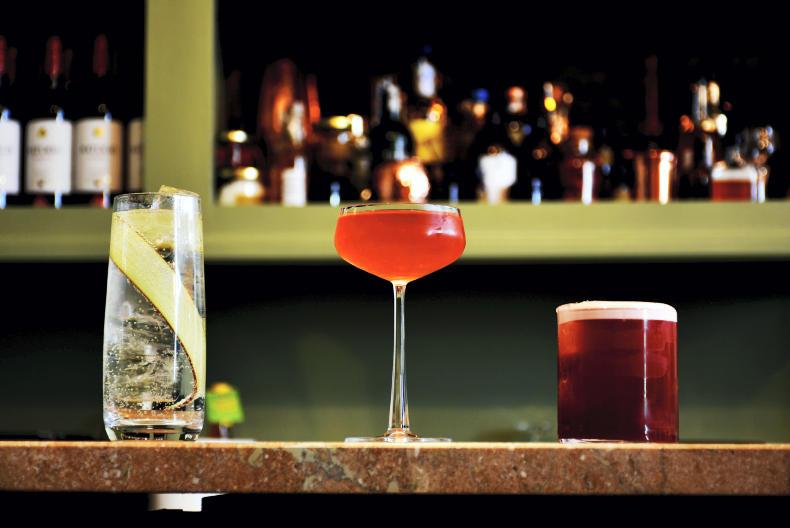


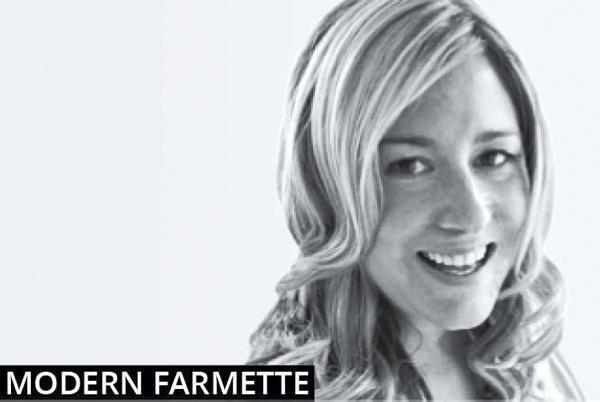

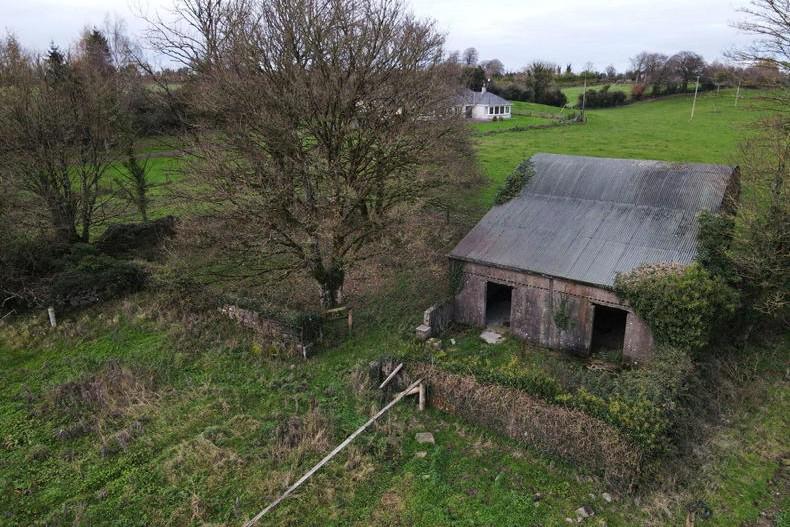
SHARING OPTIONS